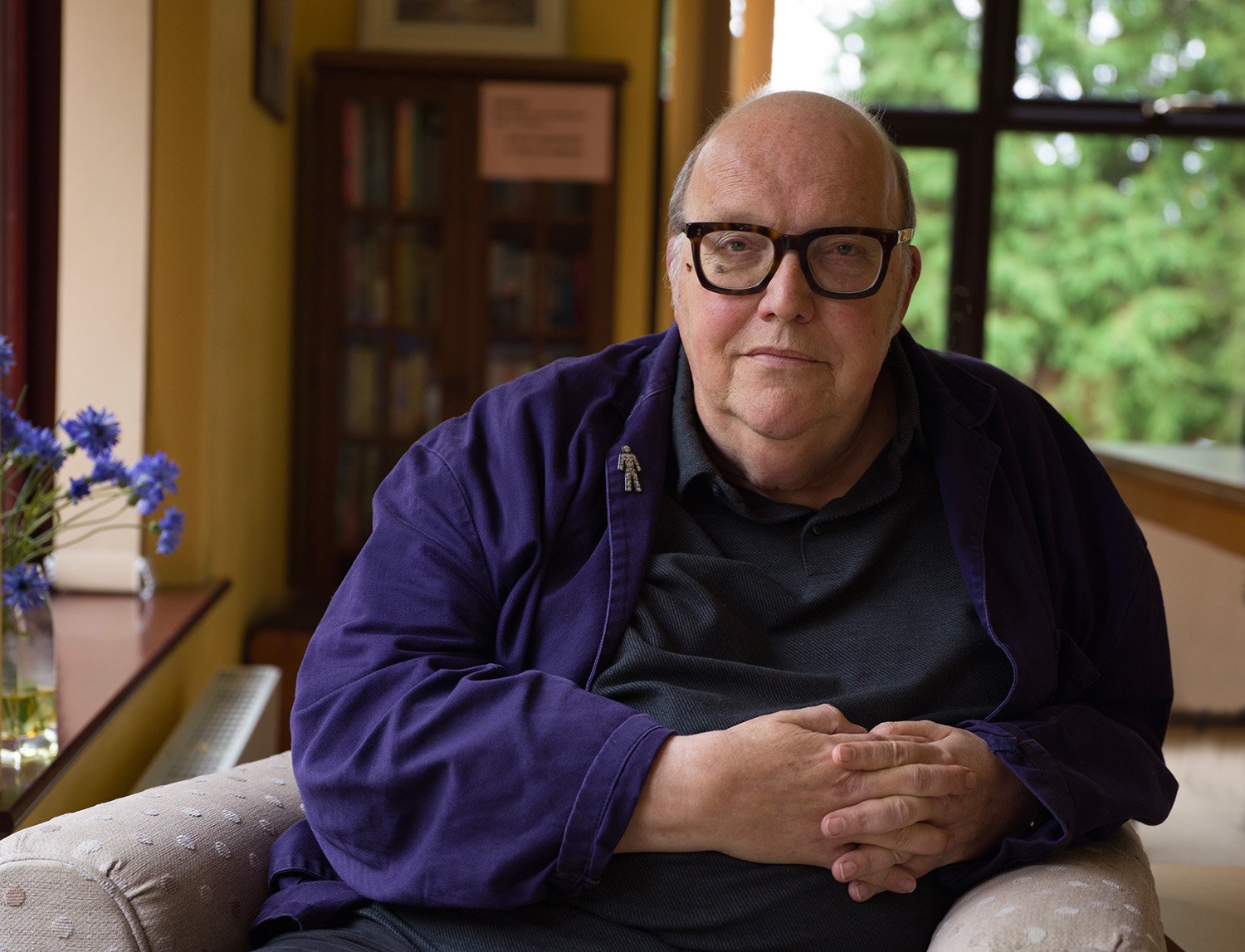What matters most?
Ian
Ian was diagnosed with prostate cancer in mid-February 2020 just prior to the pandemic lockdown. “It was, of course, the moment where the whole world is not particularly interested in one chap's prostate because the whole world is about to be plunged into this state of unwellness.”
“Everyone says, ‘Oh, you know, you'll be fine’ or ‘Oh, that's the good cancer. My dad had that, you die with it, not from it.’ But no, this is the bad kind. This is the kind that you die off.”
It was a terminal diagnosis, but on speaking with his oncologist they were hopeful that Ian will see his 70th birthday. He is soon to be 66. “It's been a weird kind of blessing. If this isn't the moment where you open up your heart, then when is? If this isn't the moment where you start to look around you and think this is great. If you don't think about how to spend more time with family and friends, then when? Of course, there are times I don't feel very well and there are times when I get upset. There's no doubt about that. But overall and by and large so far, I've been able to bear it and to take some interest in and to be aware of what's happening.”
Ian had been having a few symptoms which prompted him to visit his GP in December 2019. “I said to her, I'm not entirely sure things are right. She did the thing that doctors do to a gentleman with an enlarged prostate, and she said, ‘I'm not entirely sure that is right.’ They tested my PSA (prostate-specific antigen) which was 64. Even then I thought your PSA can be raised by riding a bicycle, and I rode a bicycle only last decade, so maybe it's that.” The PSA test is a blood test that measures levels of PSA protein in the blood and can be a sign of prostate cancer. After the GP visit things moved along with further appointments and tests before he got the cancer diagnosis.
It was approximately a four-month wait for the definitive diagnosis. Finally, Ian was given the results. “The Macmillan nurse sat me down and said ‘What you have is incurable, but we can treat it. You have prostate cancer. It's the most aggressive kind of cancer there is. It has become involved with your bones.’ I have hotspots in my right shoulder and my left hip. The severity of it was a surprise. I then had to tell Hilary, my wife.” The fact that he had cancer didn’t surprise him, as he knew things hadn’t been quite right “Very often, prostate cancer is symptomless, but I wasn't symptomless. I had very odd stuff going on, so by the time he told me, I'd guessed really.”
After his diagnosis during the lockdown period, a time in which some may have been feeling isolated, Ian had family at home which was the opposite adjustment for him. “By profession, I'm a writer. Literally the week before it was diagnosed, I'd signed a deal for a new book. It is therefore my way to sit on my own in a room. It was weird having everyone home with me when I was trying to write. It's sort of art, I had a deadline. I really can't muck about with the deadline. I was able to turn it to some advantage as well. It's like judo, isn't it? You've got to try and use what you have to turn it over and to make it your own.”
“I've got terminal life. I've known for some time now that I'm going to die. We're all going to die. Death is the thing that happens to everyone. Of all the things that I prayed for the most, is that I would die fairly slowly. My first wife dropped dead one night. It kind of ruined the life of me and my seven-year-old daughter. It has given me time to think, to prepare, think about what it means, think about mortality and to enjoy the process. It's interesting. It's the thing that happens to everyone. I've got a little bit of time to think it through and to think it over and read and talk.”










